Back to Courses
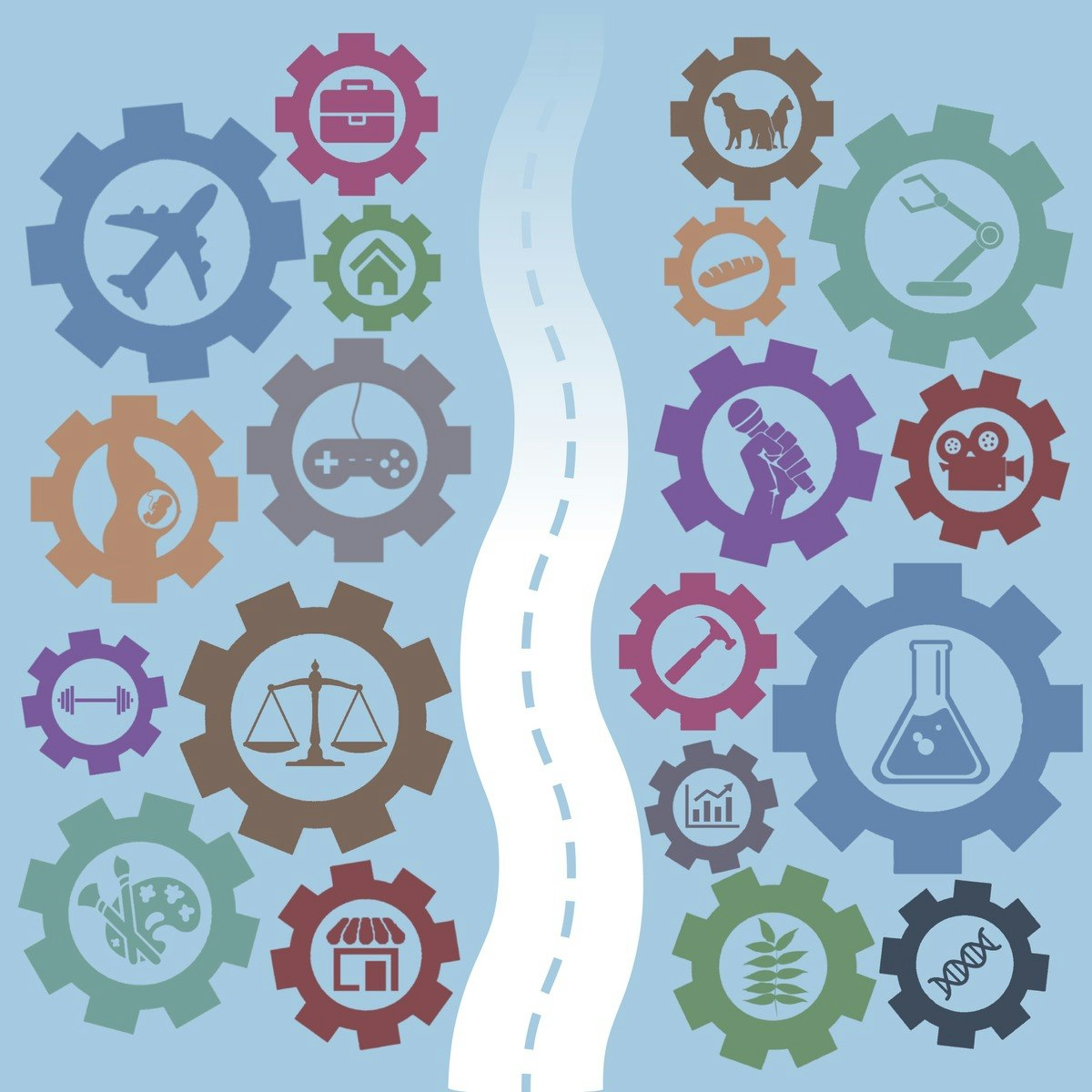
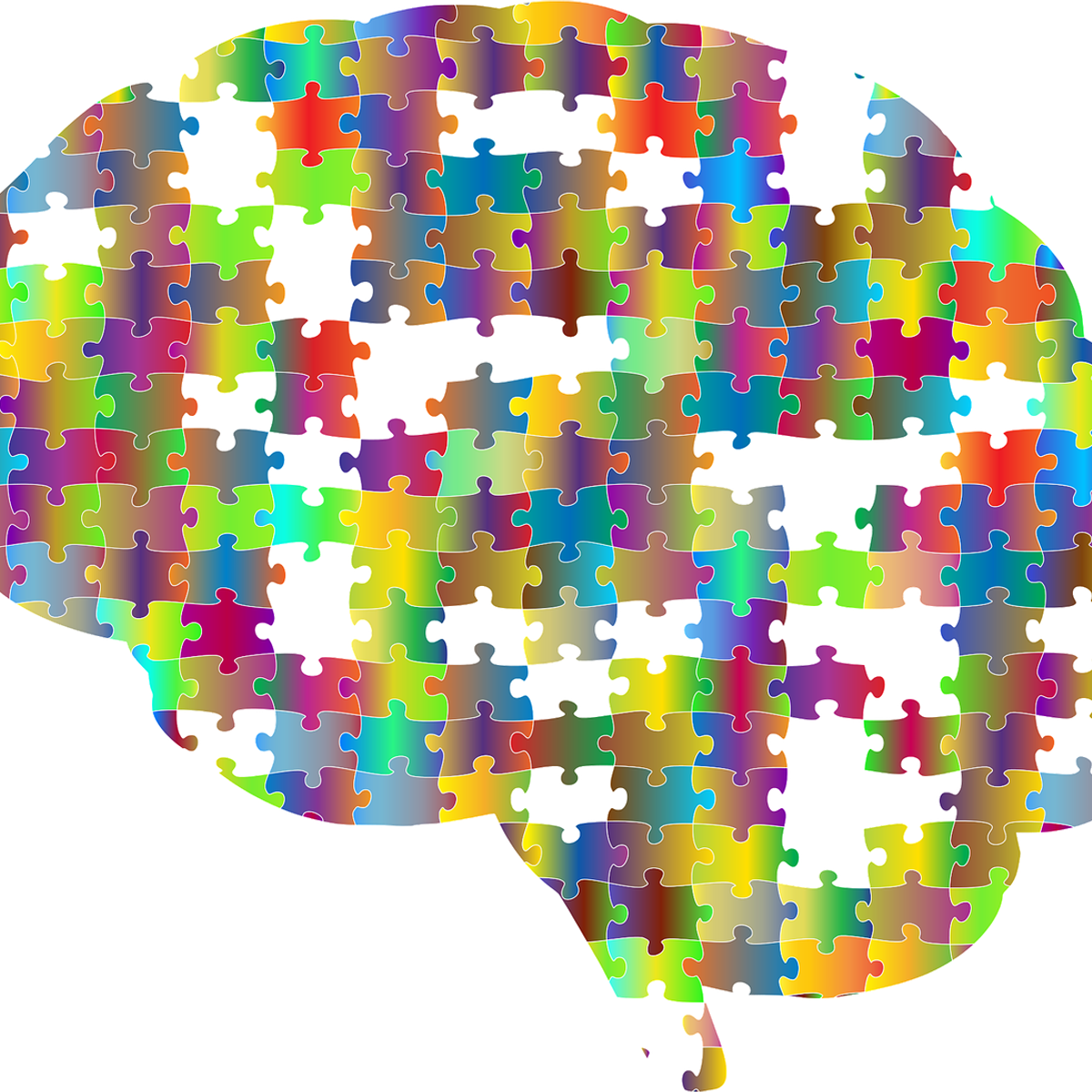

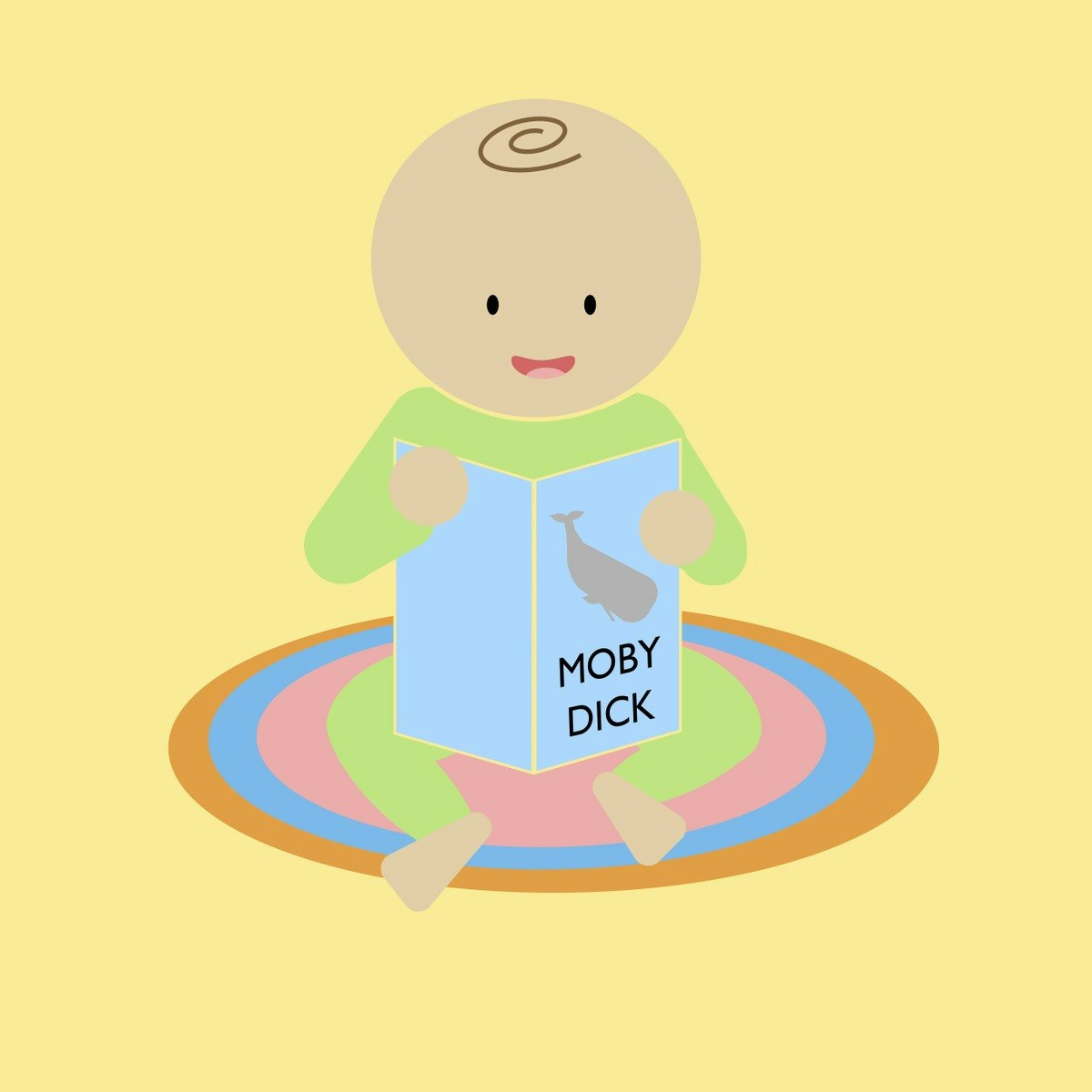


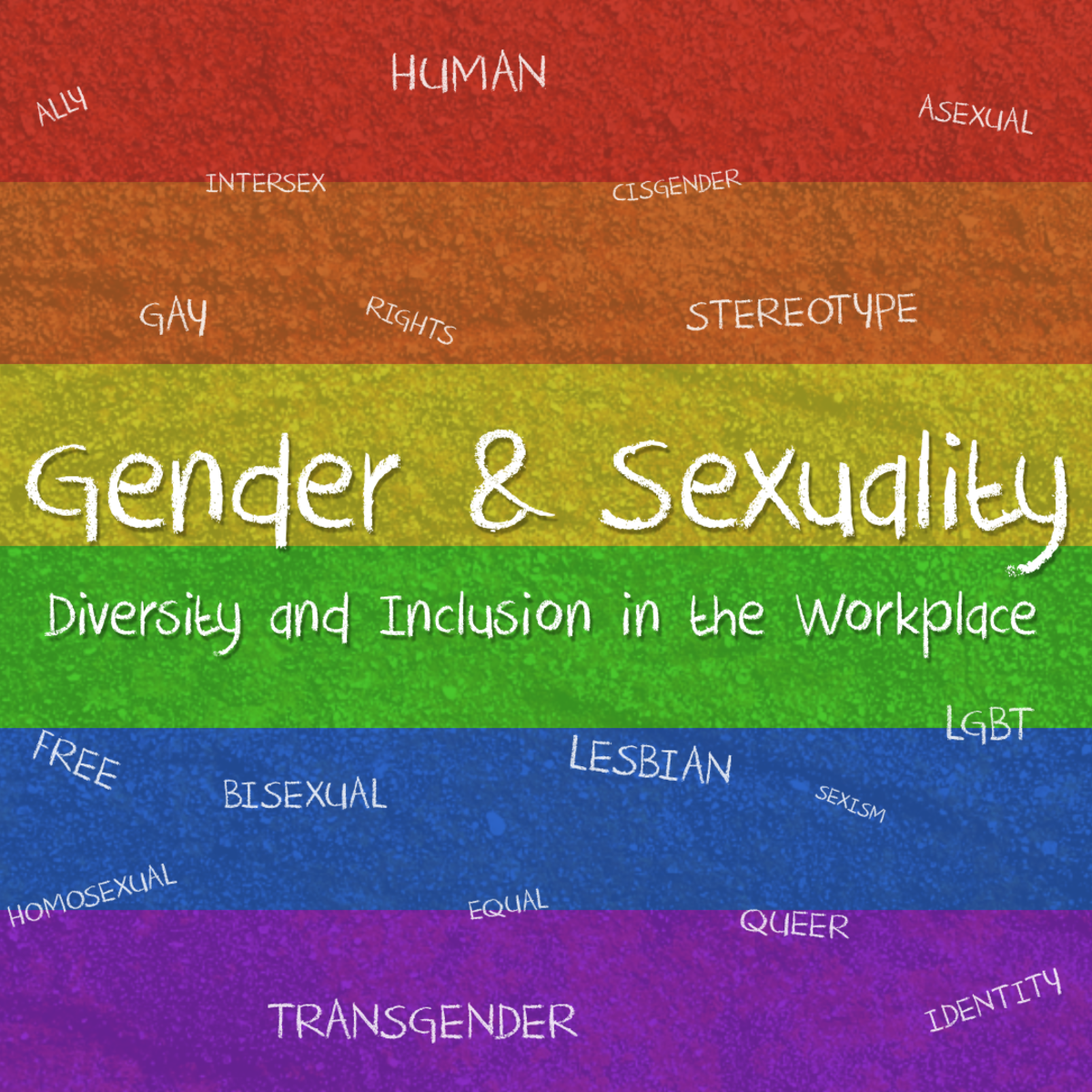
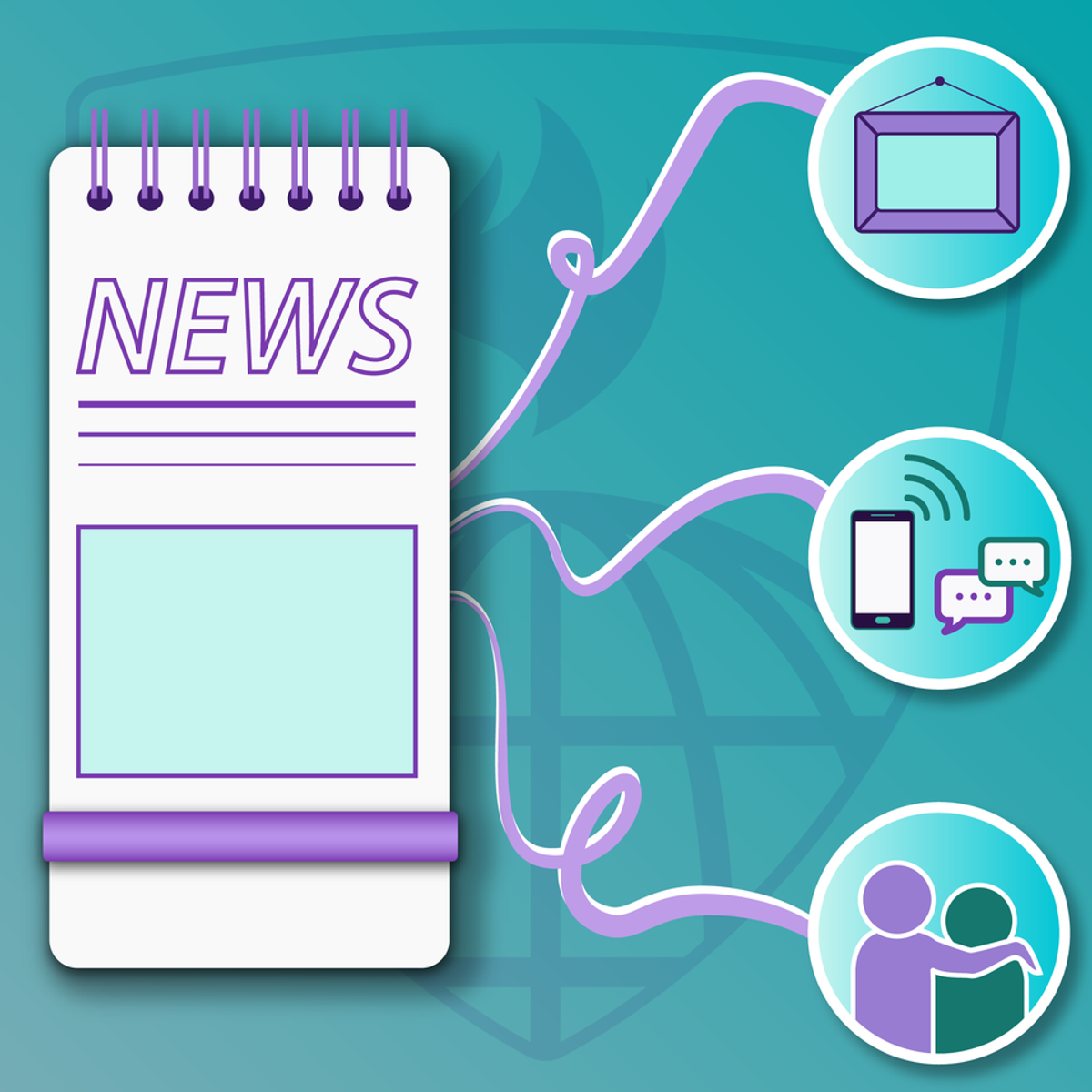
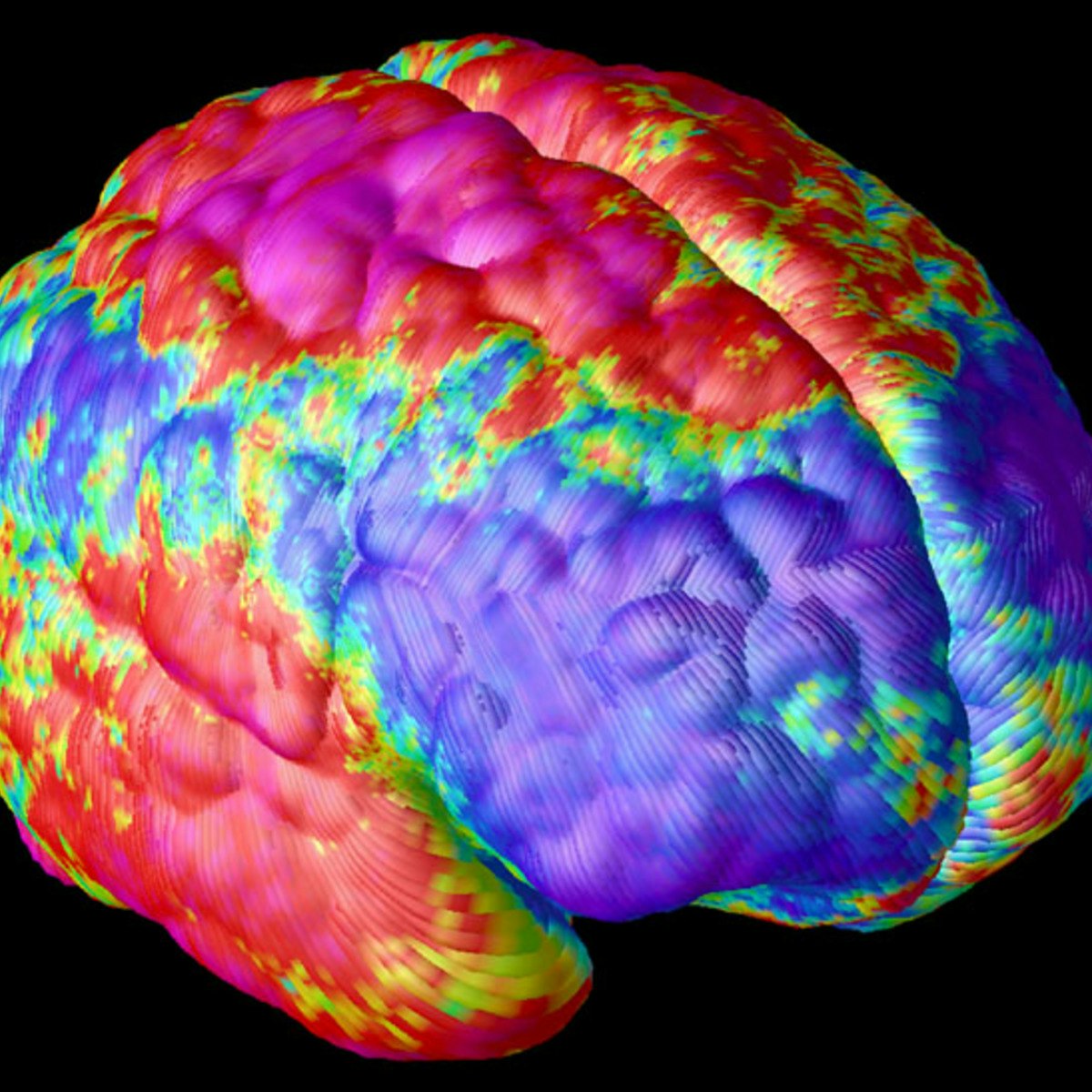
Psychology Courses - Page 4
Showing results 31-40 of 77

Understanding and Managing the Stresses of Police Work
Policing has always been psychological challenging. On any given shift police officers may encounter a range of psychological challenges including domestic violence, interacting with people experiencing mental health issues, violent crime, even attending the aftermath of horrible accidents. The long exhausting shifts can also result in stressful person interactions within one’s personal life. The presence of COVID and political issues related to instances of over-policing have increased these stresses even more. This course has two goals. First, we want to inform officers how their stress system works and why they sometimes feel as they do. With this as a foundation we then describe some strategies officers can use to manage this system, giving themselves much needed breaks from the stress response and overall empowering them with a greater sense of control over how their bodies react to stress.

The Career Design Lab: Change your Job, Change your Life
If your work isn’t fulfilling, now is the time to change direction and design a life you love. This course is for people at any life stage who want a job they enjoy and a career aligned with their values. If you’re languishing at work or feel like quiet quitting is your only option, why not change careers and flourish professionally?
University of California Santa Cruz life design educator Remy Franklin will guide you through the career design process from start to finish in 4-8 weeks. You will define what is important to you in life, discover your core strengths and values, sketch out several possible career paths, and learn authentic networking strategies to help you find your next professional opportunity. Along the way, you will learn insights from design thinking, positive psychology, and career coaching that will help you maintain a positive mindset and make progress with your job search. If you’re ready to change jobs and change your life, this is the course for you.

Introduction to Abnormal Psychology
This course presents an overview of the major domains of abnormal psychology. The course is made up of 5 modules, the first of which provides an introduction to the field through discussions of the concept of psychological abnormality, assessment and classification, and the major models in use for understanding psychological abnormality. The remaining four modules provide overviews of major domains of abnormal psychology, including mood disorders, anxiety disorders, stress and trauma-related disorders, and schizophrenia spectrum disorders. Lectures within each of these modules address symptoms and behaviors, epidemiology, causal theories, treatment interventions and multicultural findings and considerations.
The course also seeks to assist participants with becoming more adept at noticing when a family member, friend, or colleague may be experiencing psychological distress, as well as develop the comfort level required for initiating an empathic, compassionate conversation with a person of concern. Toward this goal, the last lecture of each module is dedicated to the topic “Foundations of Empathy.”
This course is not designed to assist participants with resolving their own experiences of psychopathology, nor it is intended to prepare participants to act as psychotherapists for distressed individuals in their personal lives.

Mindfulness and Well-being: Foundations
This course provides a broad overview of the fundamental concepts, principles, and practices of mindfulness. With interactive exercises to help students explore their own attitudes, mental habits and behaviors, Foundations of Mindfulness offers a pathway for living with more freedom, authenticity and ease. Featured components of the course include experiential exercises, guided meditations, personal reflection and interactive discussions.

Children Acquiring Literacy Naturally
In this short course you will explore the possibility that children might acquire written language in a way that is similar to how they acquire spoken language—without instruction. You will encounter various aspects of behavioral science and technology that are relevant to this proposition. You will have the opportunity to learn the the perceptual, cognitive, and neurological capacities of children during their first years of life. You will advance your understanding of children and how they learn language. You will also be more attuned to current advances in the technology of human machine interactions, and what these phenomena imply for learning to read at an early age.

Music for Wellness
You love music. You listen to music all the time. Maybe you sing, play an instrument, or compose music. You don’t need to have musical talent to use music to enhance your well being, and even your health.
Learn simple techniques to enrich your mind, body, and spirit through music. The methods can be applied in your daily life, particularly when you are feeling down or stressed out. Developed by a board-certified music therapist and a vocalist/pianist/composer/recording artist specializing in Indian music, these strategies combine science with the wisdom of Eastern philosophy.
In the course, discover how to unlock your creativity. You will learn not only how to listen to music in a new way, but also how to listen to the impact that music has on you. You will find out how to care for yourself by practicing coping techniques that are supported by music that is special to you.

Resilience in Children Exposed to Trauma, Disaster and War: Global Perspectives
How do children overcome hazardous experiences to succeed in life? What can be done to protect young people at risk from trauma, war, disasters, and other adversities? Learn about the importance of fostering resilience in children at risk.
During this course, participants will: learn how trauma can affect children and the systems they depend on, gain insight into core concepts, research methods and lessons learned in last 50 years of resilience research, learn how research is being applied in the real world through interventions that promote resilience, and engage in discussions with others who are working with children at risk around the world
Participants are welcome to take the MOOC at no cost or to register for a Course Certificate ($49). Those who register and earn a Course Certificate from Coursera also are eligible to sign up for continuing education clock hours through the University of Minnesota.
Participants can earn 10 clock hours of continuing education credit (added cost $99) from the College of Education and Human Development at the University of Minnesota. Go here http://z.umn.edu/1a5q to register for continuing education clock hours for completing this course.

Gender and Sexuality: Diversity and Inclusion in the Workplace
What is sex? What is gender? What is sexuality? What do we mean by LGBTQIA? How are these concepts related to the workplace? How have our understandings of these terms changed over time, and how have these changes impacted work and culture? To help you answer these important questions, this course will introduce you to the exciting field of gender, sexuality, and women's studies, and to LGBTQIA identities. We will use a range of interdisciplinary concepts, tools, and methods to understand and analyze how identity shapes our experiences in culture and in the workplace. Because we all live with gender expectations, this course is crucial for any profession, and for understanding the world around us. Also, you will learn key concepts that will help you to interpret and understand the world we share.

Responsible Reporting on Suicide for Journalists
Responsible Reporting on Suicide for Journalists is designed to give working journalists and students who are interested in the field an understanding of how news media can impact suicide trends and how that power can be used to improve public health. An extensive body of research shows that certain methods of reporting on suicide deaths can increase the number of subsequent suicides among the public. Conversely, responsible methods of reporting on suicide can increase the likelihood of people seeking help. The World Health Organization and the Centers for Disease Control and Prevention have both identified responsible suicide reporting among the media as a key mechanism for suicide prevention. This course aims to give journalists the concrete tools they need to fulfill that goal and make a positive public health impact with their reporting.

Schizophrenia
The main goal of this class is to gain an introductory exposure to the nature of the psychiatric disorder known as schizophrenia as revealed by the scientific method. We will discuss a broad range of findings from the scientific investigation of biological and psychological factors related to schizophrenia and its treatment. More specifically we will learn about: (1) key symptomatic features through discussion and enactments of interviews with actors portraying many of the cardinal features of the illness, (2) what brain imaging studies (MRI and fMRI) and neurochemistry have taught us about the neuroscience of the disorder, (3) scientific psychological data and theories concerning cognition, emotion and behavior in schizophrenia, and (4) current, evidence-based somatic and psychosocial approaches to treatment. A brief historical overview of the recent emergence of the psychiatric category of schizophrenia will be presented as well.
Popular Internships and Jobs by Categories
Find Jobs & Internships
Browse
© 2024 BoostGrad | All rights reserved